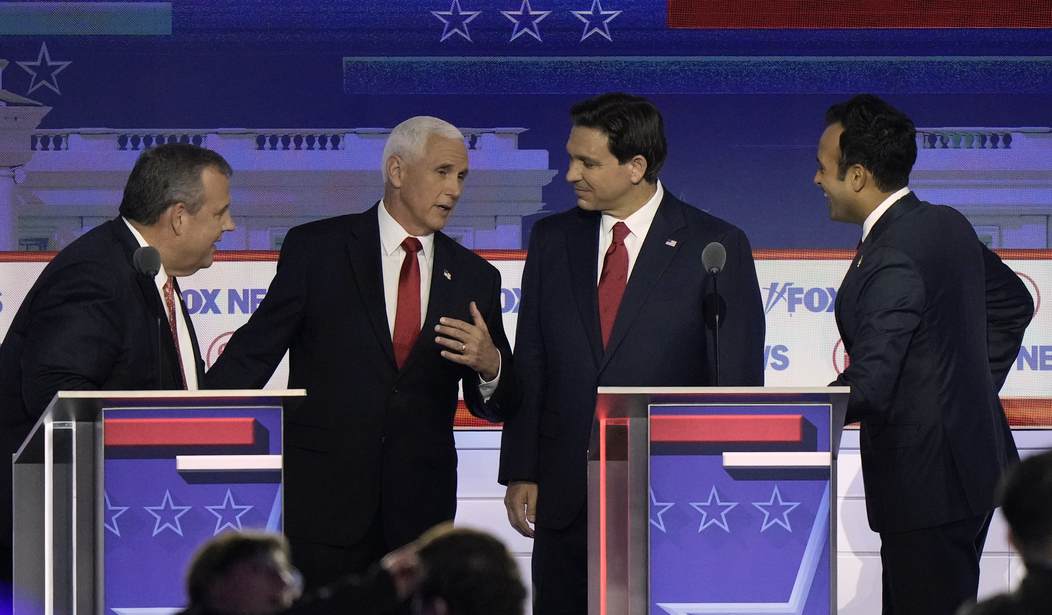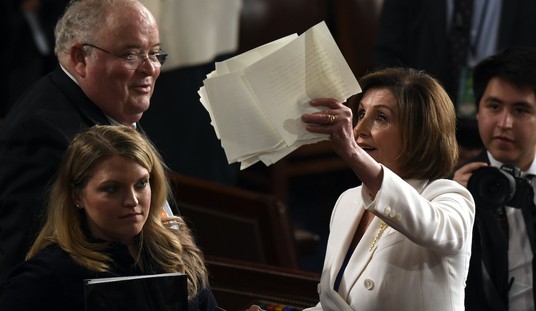No, I'm not really suggesting we forget the 2024 presidential race. It matters a great deal. Perhaps more than any other presidential race since 1980. But hear me out.
As a recovering politician who spent eight years (two terms) serving in local office, I’ve often pointed out that the real political action, with commensurate relevant ramifications, is at the local level. However, voters in America choose to ignore local politics while seeming to obsess over national politics as though it were a spectator sport. It wasn’t supposed to be this way.
According to the United States Election Project, which compiles data on voter turnout, the average voter turnout for presidential elections from 1980 to 2020 was around 56.3 percent of the voting-eligible population. Local election turnout can range from single-digit percentages to more substantial percentages, typically in the mid-20 percent range, depending on the specific circumstances.
The founders understood the importance of local government, hence the 10th Amendment to the Constitution, which gives the states the power to handle local issues such as education, courts, public safety, law enforcement, commercial development, and of course, local government. These powers are called reserved powers, and they allow states to have control over important matters within their own borders.
But there are other reasons why it would serve conservatives well to focus more attention on local politics than they currently do. However, the same is true irrespective of ideology or philosophy. The following statistic should make the point well: According to a New York Times story, “How Every Member Got to Congress,” 80 percent of members of the 116th Congress had served in state or local elected offices prior to their tenure in Congress.
According to the Congressional Research Service (CRS), approximately 59 percent of members of Congress typically serve first at the local level. So, while the 116th Congress was higher than average, there’s no reason to assume the higher percentage won’t continue, especially as city councils and county boards continue voting to increase the annual salary to serve on a city council or county board.
And while that might sound like an inherent conflict of interest (and it most certainly is), believe it or not, very often it is the voters themselves who vote in favor of raising local government salaries, assuming this will improve the quality of candidates (it doesn’t). However, it has resulted in more people with higher education levels running for a local office as a stepping stone to higher office.
Case in point: According to the same CRS study, a whopping 98 percent of members of Congress have a college education. And while the CRS study doesn’t break down each office attained prior to being elected to Congress, in many, if not most, cases, the electoral steps include city council, county boards/commissions, state legislature, and then Congress. Many governors were also former local government officials, including Gavin Newsom, just to name one. Newsom served as Mayor of San Francisco.
Other launching pads to Congress, governor, or even higher office can include sheriff, district attorney, and superior court judge. And yet, many voters will often ignore these political offices entirely when filling out their ballot. Or they might call a friend or relative to help them decide how to vote. I've received hundreds of such calls. In some cases, voters will seek more information from a voter’s guide published by a local watchdog group such as a taxpayer’s association or a league of women voters. While supposedly nonpartisan, these groups have their political biases.
The point is the level of interest or knowledge as to who these candidates are is much lower than what voters decide to know about a candidate running for Governor, U.S. Senate, and, obviously, President of the United States. But why? After all, today’s mayor, district attorney, or state senator could be tomorrow’s president of the United States. In the case of the state Senate, think Barack Obama. After voting "present" 129 times in the Illinois Statehouse, he got elected to the U.S. Senate and then President of the United States.
While it might not be unusual for those with grand political ambitions to skip the city council level, skipping the county or state level is less rare. And even on occasion, reaching Congress might involve first serving on a local school board or a blue-ribbon commission established by a county board and then the county board, or state legislature, before eventually reaching Congress. And by that time, it could be too late. Once elected to Congress, defeating these people, regardless of their effectiveness or lack thereof, can be nearly impossible.
According to a study conducted by the Center for Responsive Politics, between 1964 and 2020, the average reelection rate for incumbents in the U.S. House of Representatives was approximately 95 percent. This means that, on average, around 95 percent of sitting members of the House who seek reelection win another term. Next thing you know, they're 83 years old and seeking reelection to their 20th term.
But there’s yet another important reason why paying more attention to local politics matters. These races have the power to profoundly shape our communities, influence public policies, and directly impact our daily lives. And that's why it's crucial for conservative voters to prioritize local and state elections over national contests.
First, with local political races, your vote matters more. In local and state elections, your voice carries greater weight. With smaller constituencies and fewer voters, each individual can make a real impact. By participating in these elections, you can be a catalyst for change and have more influence in your local community.
Second, unlike national elections that focus on broader issues, local and state governments directly influence our immediate surroundings. They make decisions on education policies, public safety measures, zoning and land-use regulations, and also healthcare reforms that have a tangible effect on our daily lives. By actively engaging in these local elections, conservative voters can shape public policies that promote their conservative values.
Third, the outcomes of local and state elections have far-reaching consequences. Policies implemented at the local and state levels can serve as models for broader initiatives that may eventually reach the national stage. By paying attention to and actively participating in these elections, conservative voters can shape these initiatives and influence national discussions on crucial issues such as education funding, healthcare reform, regulations, and criminal justice reform.
By championing conservative values at the local and state level, conservative voters can have a significant impact on the national conversation while also playing an important role in who we send to Washington to make policy at the federal level.
A robust democracy relies on an engaged citizenry who actively participates at all levels of government. By prioritizing local and state elections, conservative voters can cultivate a culture of civic engagement, instilling a sense of individual responsibility and community empowerment. This commitment to grassroots democracy ensures that conservative values and principles continue to thrive in our communities and the nation as a whole.
To be sure, while national elections often dominate headlines, the fabric of our society is woven through the everyday concerns and issues faced by local communities. By giving more attention to local and state elections, conservative voters can refocus on the issues that directly impact their lives and align with their conservative values.
Whether it's advocating for limited government, fiscal responsibility, or traditional family values, local and state elections provide an ideal platform to address these concerns and bring about meaningful change in our communities, including in our own neighborhoods. It really is that important.
And so, as conservative voters gear up for the highly anticipated 2024 presidential election, let's not forget the tremendous power and potential of influencing local elections on the same ballot. By prioritizing these local races as conservatives, we can amplify our collective voice, impact our respective communities, and ensure that our values are strongly represented.
It's time for conservatives to shift our focus and embrace the power of local elections to help build a stronger, more conservative America at the grassroots level. Because as former Speaker of the House Thomas P. "Tip" O'Neil said, in America, all politics is local.














Join the conversation as a VIP Member